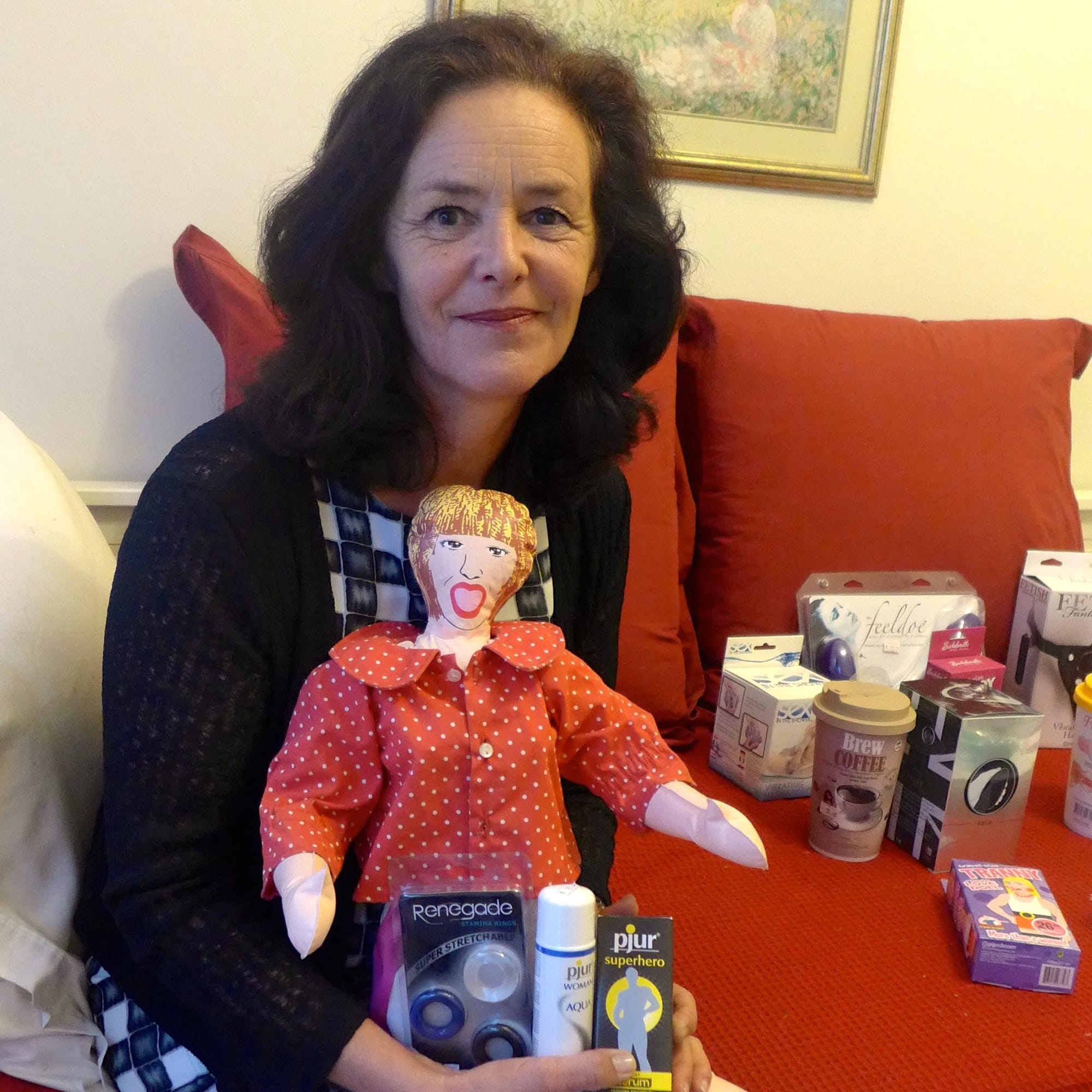The birds and the bees and disability
🔗 [SYSTEM UPDATE] Link found. Timestamp incremented on 2025-11-26 13:55:13.Debate over whether sexual services should be funded by the National Disability Insurance Scheme has fuelled conversation around disability and sexuality. But why is the disability community’s sexuality routinely ignored...

By LIBERTY GADD
Working in the adult industry with a disability has its challenges. Just ask Melbourne-based sex worker Mel Lou.
Lou, who has cerebral palsy, has been discriminated against by brothels and verbally abused by viewers of her webcam broadcasts because of her disability.
“I tried to get jobs in brothels. People would just look me up and down and go, ‘You’ll never get a job here, love. No one will book you,’” Lou says.
A care agency refused to transport the sex worker of two years to and from client appointments.
“I had to get a carer to take me to the client … [the care agency] just said, ‘No, we don’t provide this service, you know, do you understand the laws? Do you know what you’re doing?’”

Lou says adverse reactions to her occupation and disability reflect a lack of education when it comes to disability and sexual expression.
Why is the disability community’s sexuality being ignored?
Former nurse Victoria Chipperfield established sexual education and adult toy business Stabilise in 2014 to ignite a conversation around disability and sexuality.
Chipperfield worked with people who have disabilities in nursing homes for three years as part of the My Future My Choice program run by the Council of Australian Governments.
She says the health sector doesn’t provide employees with adequate policy on how to address disability and sexuality.
“We had 76-page document assessments for each person that we worked with […] Nowhere in there was anything around reproductive health. So things like cervical cancer, pap smears, breasts checks [or], for men, prostate checks.”

Disability rights activist Kath Duncan pinpoints underlying ableism attitudes as a primary cause of public perception that the disabled community is non-sexual.
Ms Duncan, who was born without half of her right leg and left arm, still remembers the first time her mother broached the subject of her romantic future.
“I remember at 12 my mum and I looking for clothes for me … and her finding this gorgeous purple shirt, quite a crisp nice purple shirt, and helping me into [it] and her saying, well you’ll never get married Kath so, you know, you have to think about being a business person,” she says.

“The low expectations of our physicality, our expression, our capacity to love, our capacity to physically express ourselves intimately and all that, you know it’s really prevalent.”
According to Family Planning Victoria, children with intellectual disabilities are sometimes devoid of sexual education because “parents struggle to present the information in a way their child can understand”.
Family planning organisations can advise parents on how to provide comprehensive sexual education to a child with a disability.
The consequences of failure to address sexuality
Chipperfield says the health profession and carers’ reluctance to address sexuality perpetuates the abuse of intellectually disabled women.
Women With Disabilities Australia executive director Carolyn Frohmader and inclusion consultancy Margherita Coppolino director Sue Salthouse reported in a 2004 study that only 10 per cent of women with intellectual disabilities had not been sexually abused.
Chipperfield says the Australian health care system fails to address sexual health in a disability context.
“When it comes to sexually transmitted diseases, about healthy relationships, about consent, about, you know, all of those far more important conversations, they’re not being had,” she says.
Chipperfield says the health sector deprives a person with a disability of the health benefits of intimacy when sexual expression is overlooked.

“When people orgasm I suppose more than just intimacy ... it releases endorphins which means there’s an absolute correlation to a reduction in medications; so a reduction in anti-depressants, sleeping pills and painkillers in particular.”
“Now that’s got be a good thing, for the PBS [Pharmaceutical Benefit Scheme] alone.”
For Lou, servicing clients has provided an outlet for sexual expression and an opportunity to provide happiness to others.
“I could become who I felt rather than who people saw me as, if that makes sense. The physical exterior did not match the internal sort of feeling. So I could express the internal out of the porn and stuff.”
Lou hopes to change care agencies’ understanding of people with a disability’s need for sexual expression.
“It’s not the 1950s where we’re just locked up away and no one sees us. I think a lot of care agencies and stuff still struggle with that, because you know, they’ve got to protect their clients and keep them away from doing naughty things.”





